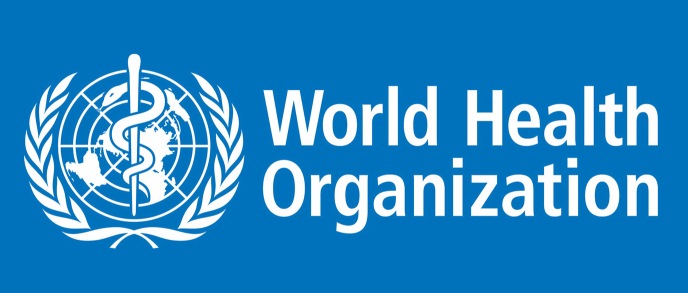Gavi, the Vaccine Alliance, global health agency Unitaid and the Global Fund to Fight AIDS, Tuberculosis and Malaria, on Wednesday, welcomed the World Health Organisation (WHO) recommendation for wider routine use of the RTS,S malaria vaccine.
The recommendation was based on data gathered through the Malaria Vaccine Implementation Programme (MVIP) in Kenya, Ghana and Malawi over a two-year period.
As of September 2021, over two years after the start of vaccinations, more than 2.3 million RTS,S doses had been administered across the three countries and more than 800,000 children were reached with at least one dose of the vaccine.
The RTS,S pilots achieved and maintained good coverage levels, despite the COVID-19 pandemic.
The pilots provided an opportunity to evaluate the feasibility of delivering four doses of RTS,S in real-life settings, where the vaccine was successfully rolled into existing immunisation programmes.
It was widely accepted by both caregivers and healthcare workers of reduced hospitalisations from severe malaria by 30 per cent.
A further clinical trial led by the London School of Hygiene and Tropical Medicine assessed the impact of seasonal delivery of the malaria vaccine, alongside seasonal malaria chemoprevention in Mali and Burkina Faso, countries that experienced a high seasonal variation of malaria transmission.
The findings indicated a decrease of more than 70 per cent in severe malaria cases in children when the vaccine was administered in combination with preventive antimalarials.
“Today marks a historic achievement in our fight against malaria,” said Dr Seth Berkley, CEO of Gavi, the Vaccine Alliance, in a statement.
“Malaria still kills over 250,000 children every year.
“The vaccine is an important additional tool to help control this disease alongside other interventions, such as bed nets, and especially when delivered seasonally in combination with antimalarial medication.
“I applaud the countries and communities who participated in the trials and pilots to provide this critical new tool for African countries.”
Ministries of Health led the implementation of the vaccine, which was delivered through routine immunisation programmes, with WHO playing a coordinating role, working in collaboration with GlaxoSmithKline, PATH and UNICEF.
Following its investment of around $700 million dollars in the development of RTS, S, GSK has donated up to 10 million doses for the pilot programme. Gavi, the Global Fund and Unitaid have together committed nearly $70 million dollars to fund the pilot.
It was designed to address several outstanding questions related to the public health use of the vaccine following the Phase three trial showing the efficacy of RTS, S.
“We welcome this new tool in the fight against malaria,” said Peter Sands, Executive Director of the Global Fund.
“In countries where the Global Fund invests, we have reduced malaria deaths by 45 per cent since 2002 with testing, treatment and prevention tools such as mosquito nets.
“In the vaccine pilots, the RTS, S vaccine was most effective when used together with these existing tools.’’
Dr Philippe Duneton, Executive Director of Unitaid, said significant additional resources would, however, be necessary to enable wide deployment of the vaccine alongside other innovations, and as part of the sustained and comprehensive response in the countries that need it the most.”
“Even before the COVID-19 pandemic hit, progress against malaria was stalling.
“This vaccine is a welcome new tool that, when used in combination with existing interventions like bed nets, has the potential to drive down malaria and extend protection to children across Africa.
“Pilot implementation has demonstrated how we can equitably reach children with this life-saving vaccine – now we need to ensure adequate and affordable supply to truly reignite the fight against malaria”, Duneton said.

